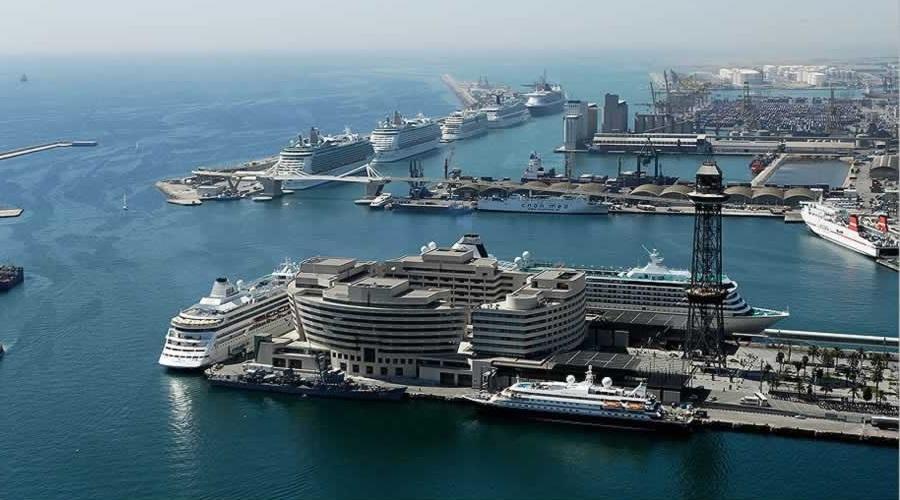Port Barcelona, Barcelona Cruise Port, Carnival Corporation, RCG-Royal Caribbean Group, NCLH-Norwegian, MSC, Virgin, and Viking signed an agreement to actively collaborate in the port area's dock electrification project.
The Port and the world's largest cruise shipowners agreed to create a working group to speed up the shore-power for docked cruise ships, using clean energy (certified 100% renewable).
The group will work in order to align ground infrastructures with fleet availability.
The group's creation is part of an agreement signed by Port Barcelona, Barcelona Cruise Port, Carnival Corporation, RCG-Royal Caribbean Group, NCL Holding LTD, MSC Cruises, Virgin Voyages, and Viking Cruises, aiming to collaborate in order to execute the electricity supply project on the port area's docks.
This is “an important step that confirms the commitment of the cruise community to the city of Barcelona and to society as a whole”, as Damia Calvet (Port's President), highlighted during the presentation of the agreement, which took place at the Seatrade Cruise Med 2022 fair.
The representatives of the signatory entities coincided in pointing out the involvement of the cruise sector in the decarbonization of maritime transport and underlined that the connection of the cruise ships to the electricity grid of renewable origin in the Port would significantly eliminate emissions. The collaboration between the public and private sectors is expected to make it possible to comply with the European requirement for the availability of electrical connection on shore for cruise ships in 2030.
According to the Port of Barcelona's calculations, the electrification of all the cruise ship berths, Prat wharf, and ferry terminals of Sant Bertran dock and Costa wharf would mean the elimination of ~66,000 tons of CO2 and 1,234 tons of NOx from port activity emissions. This means cutting a total of 38% of the NOx and CO2 emitted by liners during their stay at the dock and 22% of NOx and CO2 emissions from all port activity would be eliminated.

The name given to the project to electrify the Port’s docks is Nexigen. It requires an investment of EUR 110 million and is a key element in achieving the purpose of being a climate-neutral port by 2050. The first liners are expected to be connected to the port power grid in 2026.